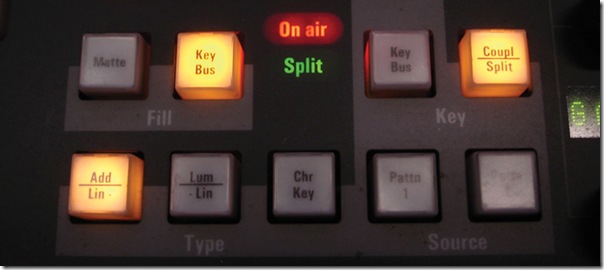Correct the neglect
Ryan Jennings looks at the Northern Ireland Affairs Committee’s plans to have Northern Ireland better reflected in UK-wide broadcasts and for local news to continue to flourish.
Northern Ireland has been “culturally neglected” by both the BBC and Channel 4, and by UK ministers in the UK Government who also have a role in Northern Ireland, according to the Northern Ireland Affairs Committee.
That UTV has the biggest share of audience of any local news provider, the committee says, shows a very clear demand for programmes produced in Northern Ireland.
In spite of that independent outlet’s success, the committee states that an independently funded news consortia pilot should not be introduced to the province until the effect they have had in Scotland, Wales and England can be known.
Those three areas were chosen because independent news has been and continues to be under threat. That is not the case in Northern Ireland.
Indeed, in spite of BBC Northern Ireland’s news stature in the North, the committee says that the corporation as a whole has not lived up to its responsibilities in Northern Ireland. The committee therefore also calls for a commissioner for programming to be based in Belfast.
The BBC has, though, committed to increasing its level of production in the province to a par with Northern Ireland’s population share of the UK. It says that by 2016 it will have met the 3 per cent target but the committee calls on it to reach it quicker, and indeed to use the target as a minimum rather than a ceiling. That, though, would see production in the province going from being underrepresented to over-represented.
While broadcasting and the media still remain the responsibility of Westminster, or more specifically the Department of Culture, Media and Sport, it must make good on its responsibilities as lead on UK-wide broadcasting.
Worryingly for independent broadcasters, the committee’s report states that the Creative Industries Minister, Siôn Simon, was both unaware that Northern Ireland was included in his portfolio and had to apologise because Northern Ireland was left out of the title of the government white paper, Digital Britain.
Perhaps the most topical recommendation from the committee is for both the beeb and Channel 4 to more accurately reflect life as it is in Northern Ireland but also in a way that “is understandable throughout the rest of the UK”.
Even more than both the companies producing programmes for broadcast in the province, the committee would also like to see Northern Ireland-produced shows used in UK-wide broadcasts.
To enhance the production of local nonnews programming, the idea of devolving to the Assembly the power to administer funding for dramas, current affairs and children’s programmes is also put forward.
The Irish language and Ulster Scots would also benefit under the committee’s proposals as it recommends that the UK Government should guarantee funding for the Irish Broadcasting Fund, beyond the planned end date of March 2011. Ulster Scots should also avail of its place in the European Charter for Regional and Minority Languages.
After OFCOM’s report into public service broadcasting in January last year, worries over how the digital age would affect the province came to light, especially from the North’s Channel 3 licensee, UTV.






